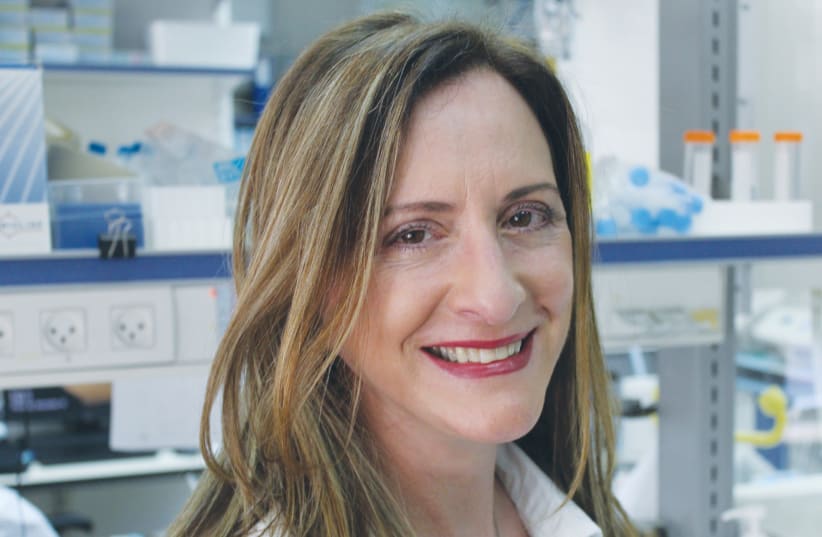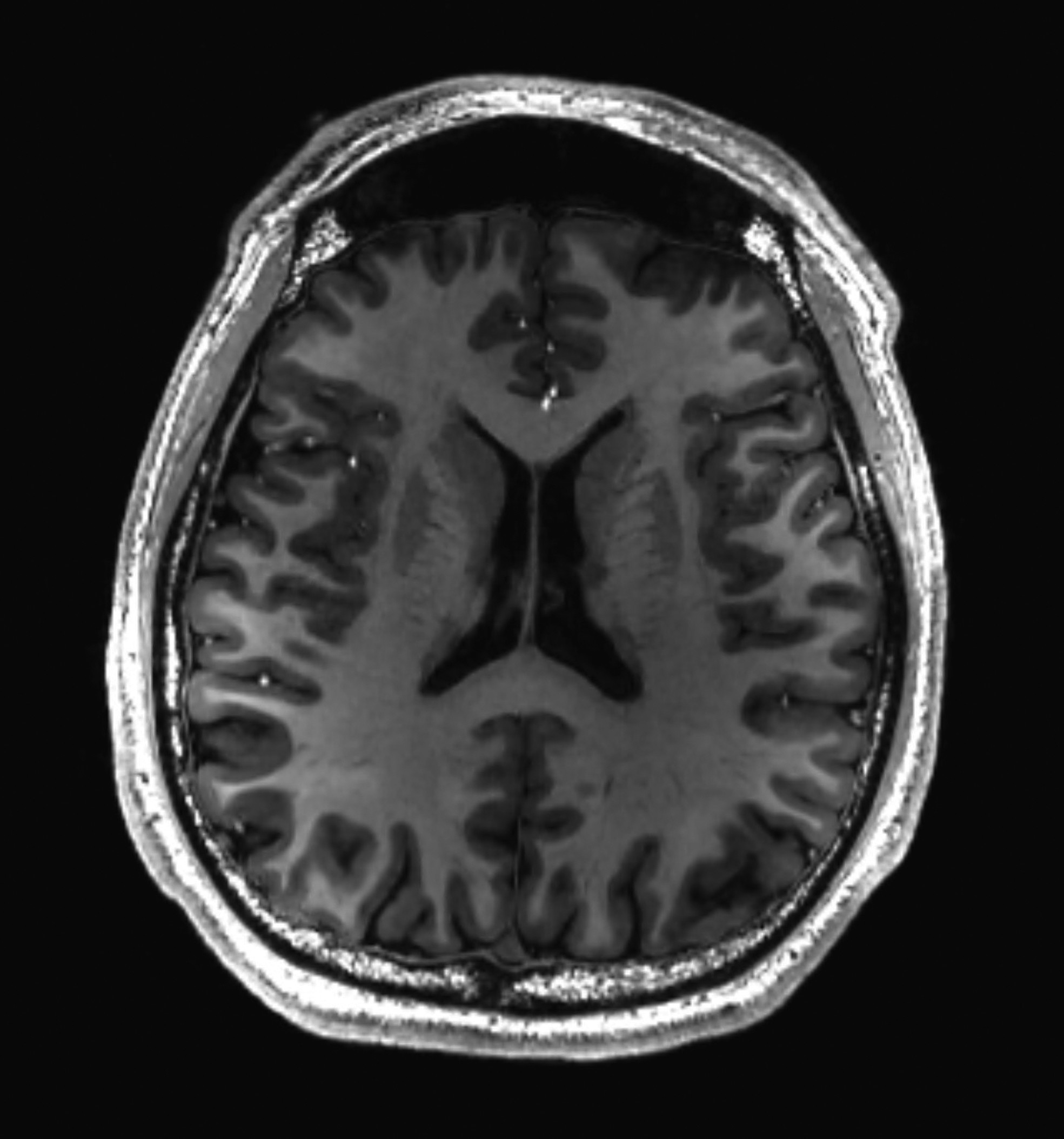Since its inception in 2018 at Tel Aviv University (TAU), the Aufzien Family Center for the Prevention and Treatment of Parkinson’s Disease, together with the Neurological Institute at the Tel Aviv Sourasky Medical Center (TASMC), has made remarkable progress in promoting research, bringing together scientists, clinicians, patients and industry to work together in the search for a cure for Parkinson’s. It is bringing hope to those suffering from this disease, a progressive disorder that affects the nervous system and the parts of the body controlled by the nerves.
“The center is a collaboration between basic researchers and doctors to do as much as we can to find ways to prevent Parkinson’s – and if it does occur, to treat it and eventually cure it,” explains Prof.Karen Avraham, Dean of the TAU Faculty of Medical and Health Sciences. While she acknowledges that the prevention and eventual cure of Parkinson’s disease is a lofty goal, she says that the center has been making significant inroads toward achieving these aims.
The Aufzien Family Center has taken a multi-pronged approach to conquering Parkinson’s disease. It provides competitive grants for research projects at laboratories and awards scholarships for talented graduate students and postdoctoral researchers. The center also holds conferences and meetings, encourages networking between researchers.
This networking has paid dividends. Over the past five years, says Avraham, the center has funded 37 research projects conducted by 65 faculty members and 200 graduate students and post-docs. In addition, the number of laboratories investigating Parkinson’s disease at TAU has soared from 13 to 58, with the labs located on campus and at the 18 hospitals that are affiliated with the Faculty of Medical and Health Sciences.
The center’s work is spearheaded by Prof. Nir Giladi, MD, director of the Aufzien Family Center and a renowned leader in the field of movement disorders. He is a professor at the Faculty of Medical and Health Sciences at TAU and director of the Brain Institute at TASMC.
Avraham explains that the center’s goals over the next five years include understanding markers for Parkinson’s disease that can be detected before symptoms appear. “Once you know what those markers are,” she says, “if you can find what kind of treatments you can provide ahead of time, you can then prevent the onset, or delay the onset at least. We want to be able to diagnose Parkinson’s five, ten, or even fifteen years before motor symptoms’ onset – because if you can find ways to delay what’s going to happen, you may even be able to avoid the symptoms altogether, if you go in early enough.”
A significant area of research is understanding the genetics of the disease to better enable prevention. “We want to look at genetic components in Parkinson’s patients and those individuals who are at risk for getting it so that we can differentiate between genetic markers that are going to be able to give us an idea of what’s happening with the disease,” she notes.
At the same time, the Aufzien Family Center is advancing treatment and cures, working together with scientists and physicians both at TAU and at other institutions in Israel, Europe and the US. “The only way we’re going to tackle this is by collaboration,” Avraham says, adding that one of the advantages of the center is that it works with other centers of study at TAU, giving it the strength and research capabilities to make breakthroughs in the field.


